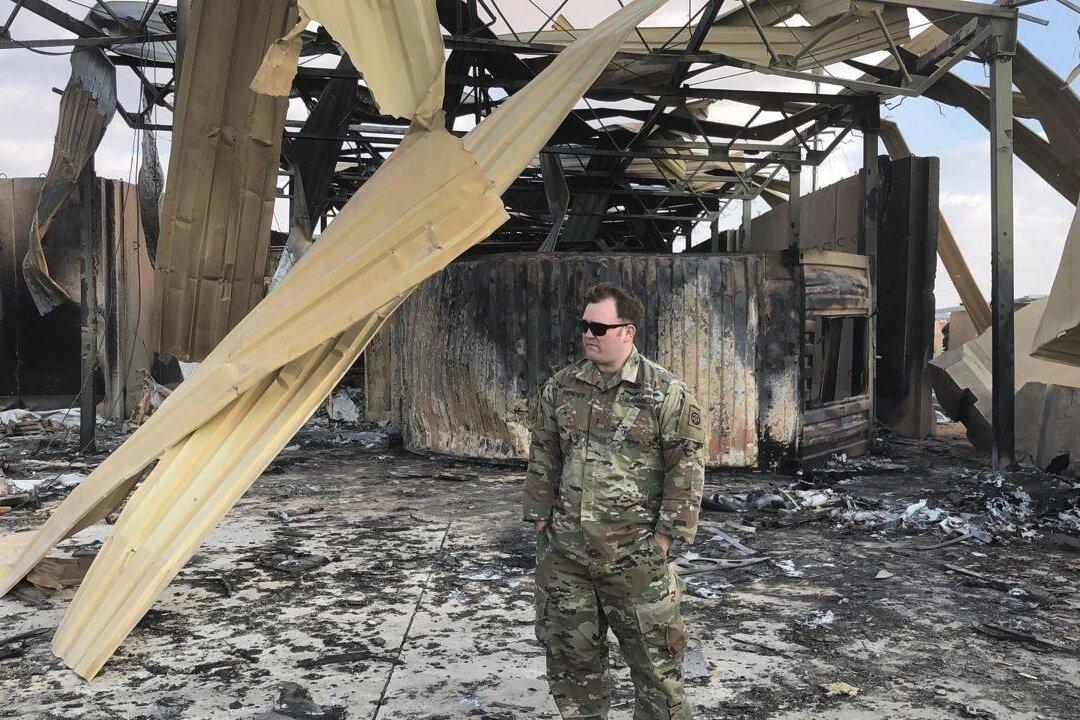U.S. State Department certified that Iran, North Korea, Syria, Venezuela, and Cuba were not cooperating fully with U.S. counterterrorism efforts in 2019 and notified Congress about it on May 12, according to a statement.
Cuba has been certified as not fully cooperating with antiterrorism efforts the first time since 2015 for refusal to extradite ten leaders of the ELN (National Liberation Army) which claimed responsibility for a bombing attack in Bogota, Colombia, in January 2019 that killed 22 people and injured 60, the statement said.





